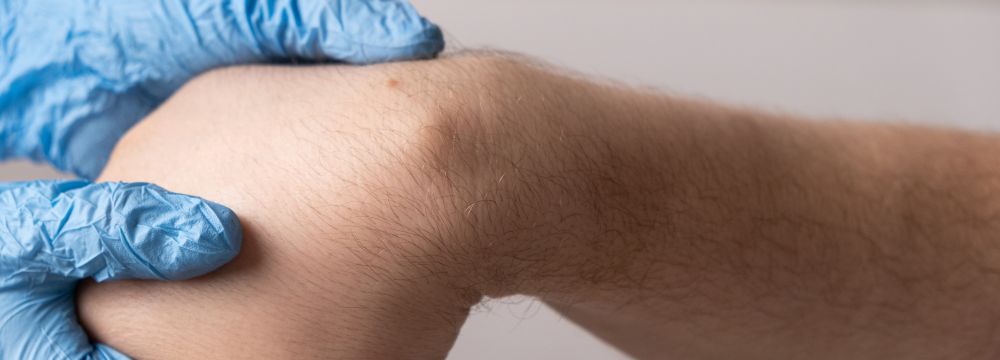Removing a Lipoma and Other Cysts
Lumps, Bumps, and Removal
Finding a lump is scary. Even the coolest cucumbers have a hard time with the emotions that come up. Just recently, a well-known TV personality opened up about discovering a lump, navigating the stress of imaging, and ultimately choosing to have it operated on. But not every lump spells bad news.
Her story, like so many others, reminds us that while the experience can be unsettling, the outcome isn’t always dire. Many lumps turn out to be completely harmless and can be easily surgically removed. Hopefully, the following few paragraphs will help you stay calm if you find one, and give you some peace of mind on tackling them.
How Do PPI’s Work Differently From Antacids?

Antacids, H2-blockers, and PPIs: There is a Difference
Three different medicine families for the same condition? Well, yes, for several reasons, actually – mechanism of action, tolerance, and patient variability, and stage or severity of the condition are some of the main ones. Before we dive into the differences, let’s backtrack just a bit.
Fiber Has Rules? A Guide for Weight Loss Patients

“Eat your roughage.”
“Stay regular, stay healthy.”
“Get plenty of fiber.”
Sound familiar?
Many are aware of it, but according to the U.S. Department of Agriculture (USDA), upwards of 90% of adults aren’t getting their daily dose of about 28 grams. How can so many people be so off-target? Neglecting a balanced diet is a likely suspect – but also not consuming the right fiber can throw things off. There are different types of fiber, different ways to consume it, and various foods that contain it. So, how do you choose? We’ll break down what fiber does, the forms it comes in, and how to reap the benefits.
Preventing Hair Loss After Bariatric Surgery

Hair thinning and loss are among the most common yet startling concerns for many postoperative bariatric patients. Unfortunately, it is impossible to predict exactly who is prone to this issue. We’ve seen patients with thick, full heads of hair experience hair loss after surgery, while others with thinning hair have little to no change. This concern is especially significant for female patients, who may find it more distressing.
The Limitations of BMI
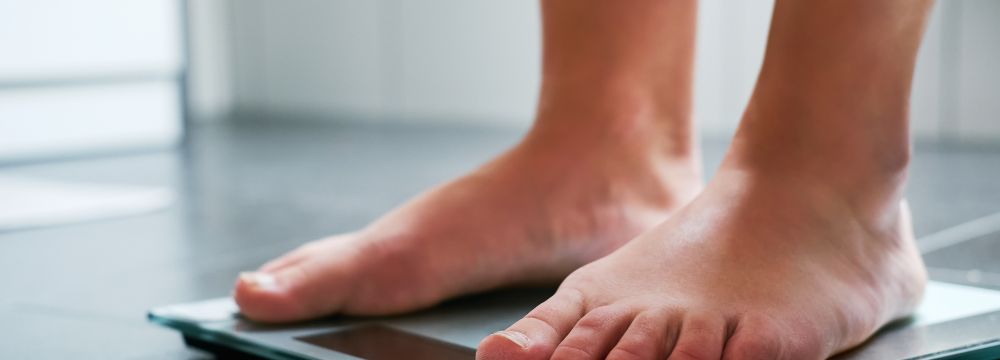
Is BMI the best way to measure health? Many of us use it, but does it tell the whole story? If you’ve ever started a weight-loss regimen, you’ve probably heard the term BMI. An acronym for Body Mass Index, BMI is a calculation used by both consumers and health professionals to gauge whether you’re at a healthy weight. While BMI provides a quick snapshot of your weight status, it has limitations and shouldn’t be the only metric to determine your overall health.
Continue reading
Avoiding Reflux After the Gastric Sleeve
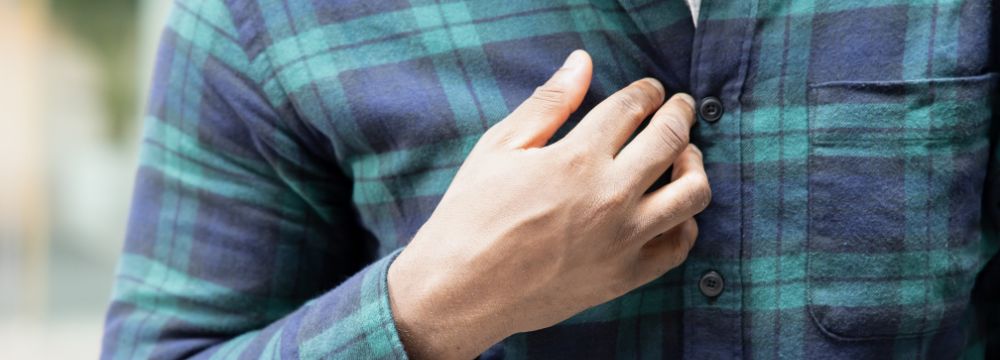
The gastric sleeve, also known as sleeve gastrectomy, is the most popular bariatric surgical procedure in the United States—and for good reason. It is a relatively straightforward procedure that removes approximately 75% of the stomach, creating restriction, reducing the amount of food a patient can eat, and significantly curtailing hunger due to the removal of the fundus (the portion of the stomach responsible for secreting ghrelin, the hunger hormone).
Is Hormone Replacement the Key to Weight Loss in Middle Age?
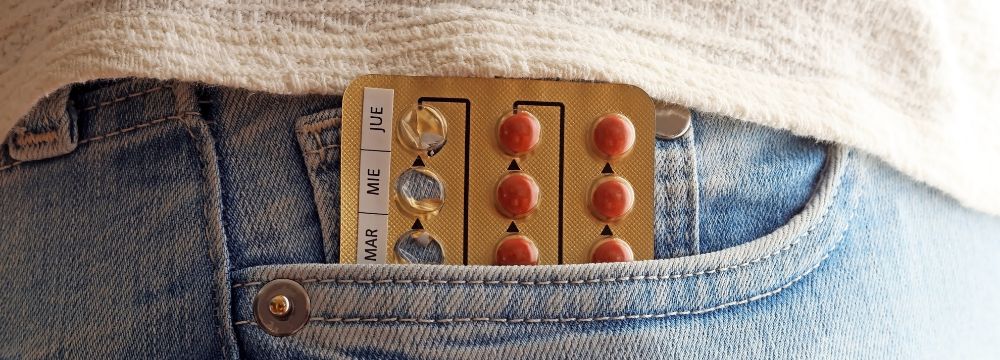
If you’re experiencing some of the classic symptoms of menopause—night sweats, hot flashes, fatigue, and weight gain—you may have heard or read about hormone replacement therapy. Known as HRT for short, this treatment involves taking doses of hormones to relieve some of the discomfort that comes with menopause in women and “manopause” in men. Both women and men may find significant benefits from HRT, and a common question is: “Will hormone replacement therapy help me lose weight?” The answer: maybe. Here’s a breakdown of how HRT can—and can’t—help with weight loss.
Does Sodium Cause Weight Gain/Regain?
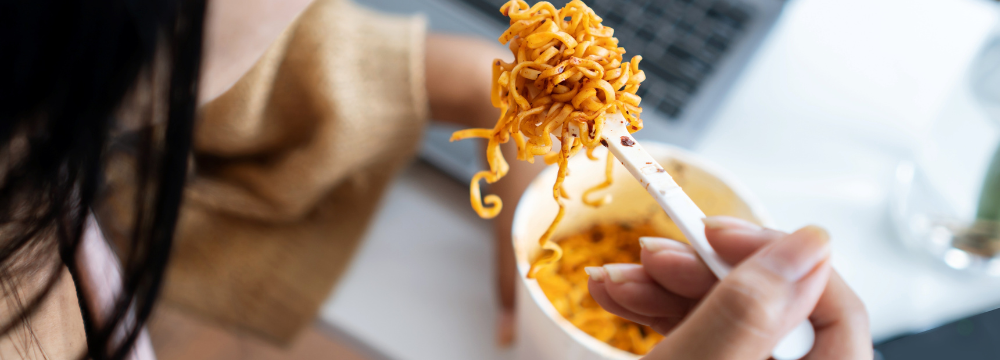
When you read or hear about foods or ingredients to avoid for a healthy lifestyle, one that comes up often is sodium. Found naturally in some foods and added to others, sodium is a mineral that should be controlled for maximum health. But does it cause weight gain? The answer: Sort of. If you’re curious about the role of sodium in weight gain (or regain after weight loss), we’ve got the answers here.
Will I Lose Facial Fullness After Bariatric Surgery?
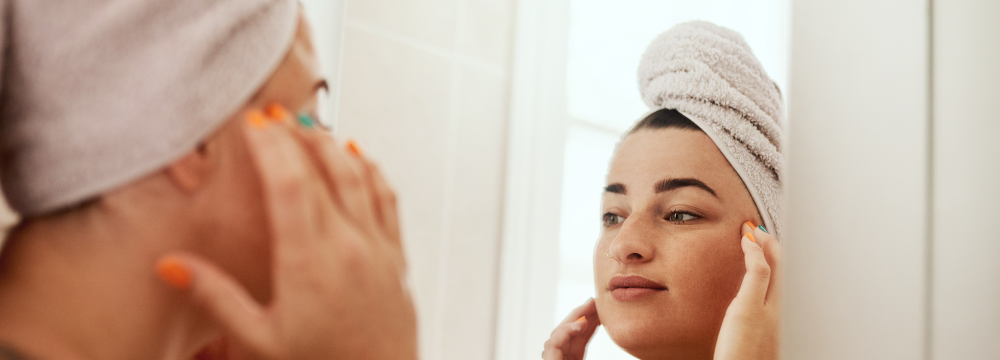
Deciding to undergo weight loss surgery, such as gastric bypass, gastric sleeve, or duodenal switch, is critical for better health. Some positive effects include increased energy, better blood sugar control, and a reduced risk of heart disease. However, few bariatric surgery patients are prepared for a lesser-known aftereffect: a thinner facial appearance that may take some time to match their body.
Types of Body Fat and Why They Matter
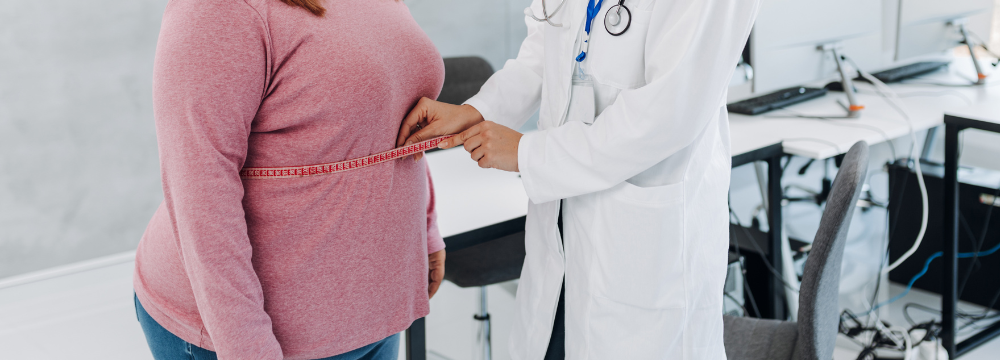
If you’ve read about health and weight loss, you’ve probably seen that belly fat can harm your well-being. And having a little extra weight around the middle is associated with plenty of not-so-great health and aesthetic effects. However, few people know that these problematic conditions are particularly associated with one of two types of body fat – and knowing the difference between the two may be key to staying healthy.

